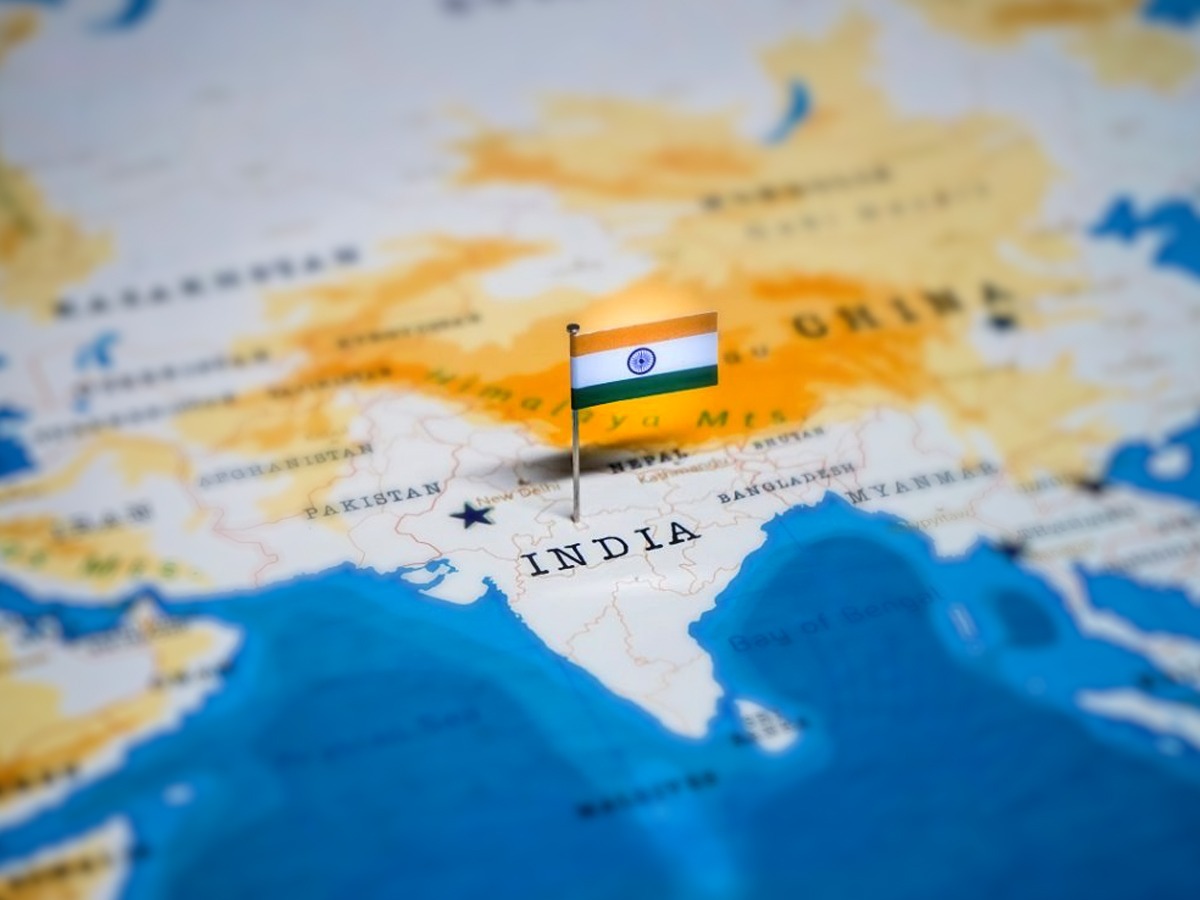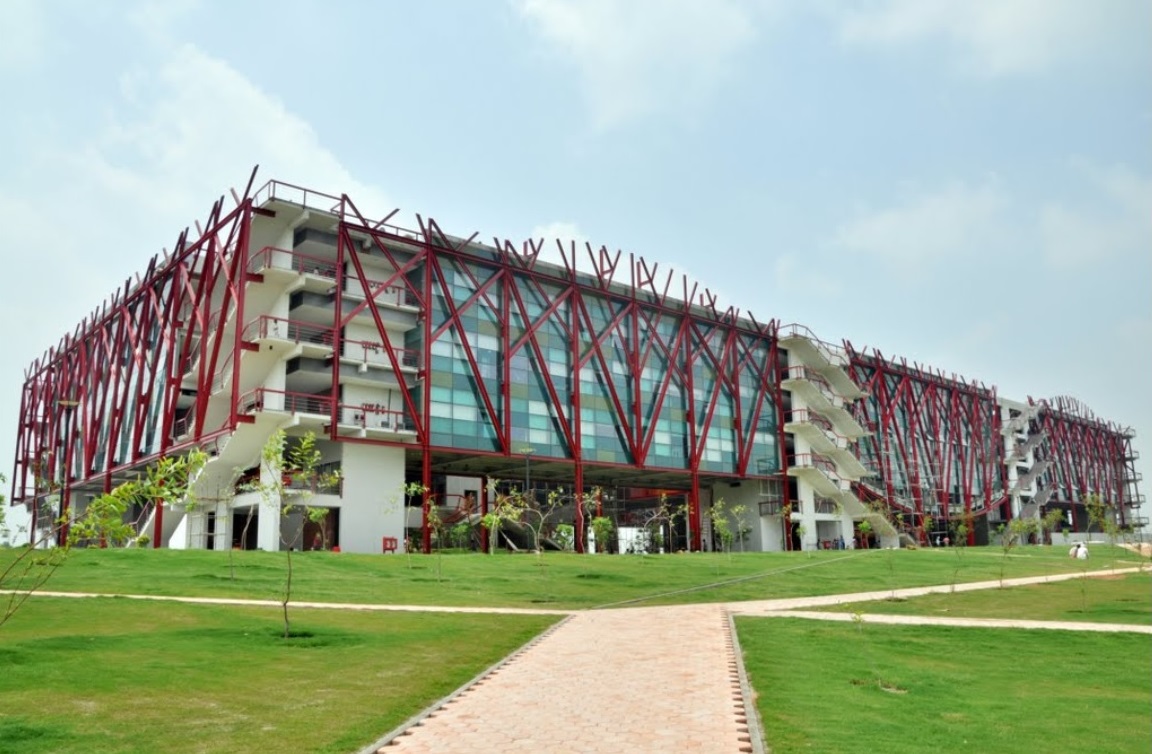Political science is a fascinating field that deals with the study of politics, government, and public policy. It examines the processes and institutions that shape the lives of individuals and communities, both locally and globally. As we navigate the complexities of modern society, the importance of studying political science cannot be overstated.
In this blog, we will explore the scope, importance, and relevance of political science in today’s world, with a specific focus on India.
What is Political Science?
Political science is a social science discipline that focuses on the study of politics, government, and public policy. It encompasses a wide range of subfields, including comparative politics, international relations, political philosophy, and political economy. Political scientists use various methods, such as quantitative analysis, case studies, and theoretical models, to understand and explain political phenomena.
Scope of Political Science
The scope of political science is vast and diverse. It includes the study of political systems, political ideologies, political institutions, and political behavior. Political scientists examine the role of government in society, the interactions between different branches of government, and the relationships between governments and civil society actors. They also study the impact of globalization, regionalization, and international organizations on national and local politics. In India, specifically, political science is an especially relevant field of study.
As a rapidly developing country with a diverse population and a complex political system, India presents a rich terrain for political scientists to explore. From the study of political parties and elections to the analysis of public policy and governance, there is much to be learned about the Indian political landscape.
Reasons for Studying Political Science- Why is it Important to Study Political Science?
So, why should I study political science? Here are some compelling reasons:
- Understand the World Around Us: Political science helps us understand the world around us. By studying political systems, institutions, and policies, we gain insight into how power operates and how decisions are made that affect our daily lives.
- Develop Critical Thinking Skills: Political science fosters critical thinking skills. It encourages us to question assumptions, evaluate evidence, and think logically about complex issues. These skills are valuable in a variety of careers, from law and journalism to business and public service.
- Informed Citizenship: Political science educates us about our roles and responsibilities as citizens. By studying political systems and processes, we become better equipped to participate in civic life, engage in public discourse, and hold our leaders accountable.
- Prepare for Careers in Politics and Governance: For those interested in careers in politics, government, or public service, political science provides a strong foundation. It offers insights into the workings of political systems, introduces key concepts and theories, and hones skills in analysis, communication, and problem-solving.
- Enhance Empathy and Cultural Understanding: Political science helps us appreciate different perspectives and cultures. By studying political systems and ideologies across countries and regions, we broaden our horizons and cultivate empathy for diverse viewpoints.
Importance and Impact of Political Science in India
In India, political science has never been more relevant than it is today. As the country navigates the complexities of economic development, social justice, and political reform, the study of political science offers valuable insights and expertise. Here are some ways in which political science contributes to India’s growth and development:
- Promoting Good Governance: Political science informs our understanding of good governance practices. By analyzing the effectiveness of different political institutions and policies, we can identify areas for improvement and work towards building a more efficient, transparent, and accountable government.
- Advancing Social Justice: Political science highlights the importance of social justice and human rights. By studying the intersection of politics and social inequality, we can identify strategies to promote greater fairness and equal opportunity in Indian society.
- Strengthening Democracy: Political science is vital for the sustenance and strengthening of democracy in India. By monitoring the health of democratic institutions, evaluating electoral processes, and encouraging citizen participation, we can ensure that India remains a thriving democracy.
- Shaping Foreign Policy: Political science plays a critical role in shaping India’s foreign policy. By analyzing international relations, geopolitical trends, and diplomatic strategies, we can advance India’s interests and position it as a leader on the global stage.
FAQs
Q: Why should we study political science?
A: When talking about why we study political science it can be infered, studying political science helps us understand the world around us, develop critical thinking skills, prepare for careers in politics and governance, enhance empathy and cultural understanding, and contribute to the advancement of social justice and human rights.
Q: What is the scope of political science?
A: The scope of political science is vast and diverse, covering topics such as political systems, institutions, and policies, comparative politics, international relations, political philosophy, and political economy.
Q: What are the career options available for political science graduates?
A: Political science graduates can pursue careers in government, civil society organizations, media, academia, and the private sector. They can work as policymakers, political analysts, consultants, journalists, teachers, and researchers.
Q: Can you name some prominent political scientists?
A: Some prominent political scientists include Aristotle, Machiavelli, John Locke, Jean-Jacques Rousseau, Karl Marx, Max Weber, and Samuel Huntington.
Q: How does the study of political science contribute to the advancement of social justice and human rights?
A: The study of political science helps us understand the factors that contribute to social injustice and human rights violations. It enables us to analyze policies and institutions that perpetuate inequality and oppression, and develop strategies to promote greater fairness and equal opportunity.
Why choose O.P. Jindal Global University (JGU) for BA in Political Science?
Let us now discuss the B.A. Political Science program at OP Jindal University’s Jindal School of International Affairs. This program offers a comprehensive education in political science, focusing on the study of political systems, institutions, and policies. The curriculum covers a range of topics, including comparative politics, international relations, political philosophy, and political economy.
The program is designed to equip students with the skills and knowledge necessary to excel in careers related to politics and governance. The faculty members are experts in their fields and bring a wealth of experience and knowledge to the classroom. The program also offers opportunities for internships, research, and extracurricular activities that help students develop their skills and network with professionals in the field.
Overall, the B.A. Political Science program at OP Jindal University’s Jindal School of International Affairs is an excellent choice for students interested in pursuing a career in politics and governance. Its comprehensive curriculum, experienced faculty, and opportunities for hands-on learning make it an ideal platform for launching a successful career in this exciting and dynamic field.




